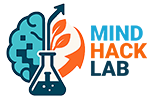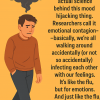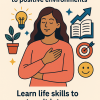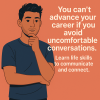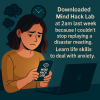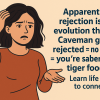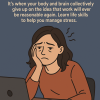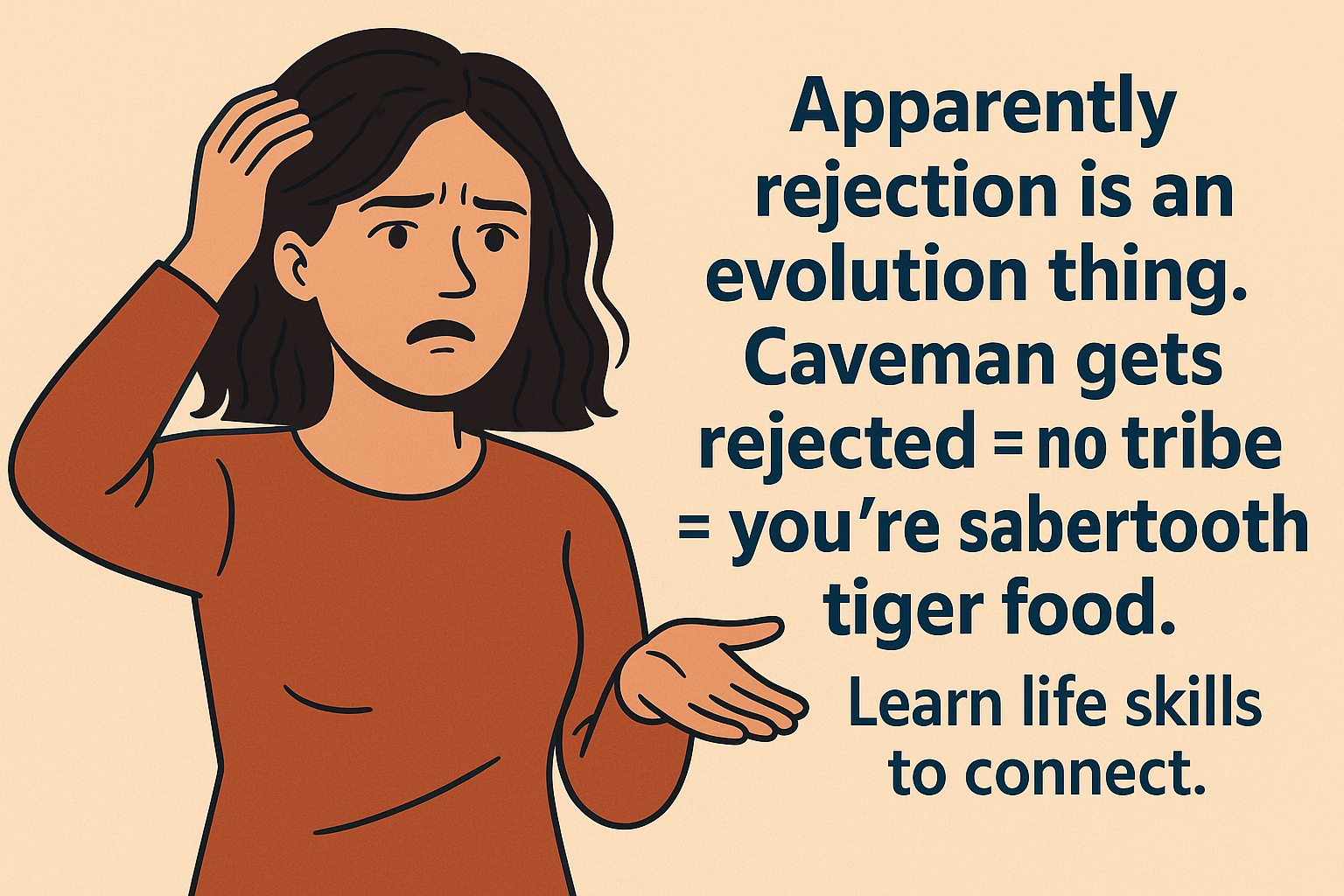
Rejection Literally Hurts Your Brain (Apparently)
A 2 AM spiral about neuroscience, social pain, and why your brain thinks Brian from accounting is a sabertooth tiger
So I was procrastinating and read this study about rejection and now I hate everything. Basically when someone leaves you on read, your brain lights up the same spots as when you stub your toe. Actual pain centers. The anterior cingulate cortex (ACC), idk. Whatever part of the brain screams when you bang your shin on a coffee table.
They put people in scanners and made them play that ball-toss 'Cyberball' experiment. The computer stops throwing to them. Just pixels. And their brains freaked out like they'd been punched. Over a COMPUTER GAME. Which makes me feel slightly less pathetic about crying because no one told me about that team lunch. Instagram is just pixels being mean too, right? My Connection & Communication pillar was definitely cracked.
Apparently it's an evolution thing. Caveman gets rejected = no tribe = you're sabertooth tiger food. So now Brian from accounting forgets to add me to a Slack lunch thread and my amygdala thinks I'm literally dying in the wilderness. Thanks, evolution. Really nailed that one.
I got so wound up about it I downloaded Mind Hack Lab at like 2 AM. Couldn't stop replaying the lunch thing. The AI coach asked me what my "triggers" were and I just word-vomited about ramen and Instagram and feeling invisible. It taught me the Worry Window technique—basically giving my brain permission to spiral for exactly 10 minutes, then done. Also tried Center-Breath + Label. Something about interrupting spirals.
What really messed me up is this bit of the research where rejection makes you more sensitive to rejection. Like your brain builds a predictive model. "Warning: about to be rejected." My brain has decided literally everything is rejection: texts that take an hour, "hey can we talk," someone pausing too long after I speak in a meeting, getting CC'd on an email, barista forgetting my name. It's exhausting.
Oh and apparently Tylenol helps with social pain? Because same brain regions. They tested it—though it's based on a few limited studies and definitely not medical advice. I am not popping Tylenol every time I think someone hates me, but the fact that's even a thing is insane.
I tried the MHL workbook thing too. Mine looks like a serial killer's notebook—half-finished entries, coffee stains, angry arrows. But yeah I did notice I only spiral late at night or when I'm tired. Groundbreaking revelation there. The whole "pillars" thing they push—Connection skills, Emotional Mastery, Confidence—sounds organized for someone crying over not being invited to lunch, but whatever, I'm on day 5 and haven't imploded yet so maybe it works.
The Science Behind the Spiral
Also there's this other part of your brain, dorsal ACC (dACC)? Can't remember exactly. It's basically the "danger, danger, everyone hates you" alarm. Mine is set to 200% volume. Coworker's quiet? Massive threat. Boss reschedules? Definitely fired. The constant threat-scanning is exhausting.
The one thing I've noticed is I don't spiral quite as long. Used to be days. Now maybe hours. Yesterday I even stopped myself from triple-texting someone "are you mad at me." That's growth, right?
I don't know. The science is kind of comforting because it means it's not just me being dramatic. Rejection literally hurts. Like pain-hurts. So maybe people can shut up with the "just get over it" advice. My brain doesn't know the difference between a broken arm and Brian not inviting me to lunch.
This is a skills practice, not medical or mental-health treatment.
Still Spiraling at 3 AM?
Anyway, Mind Hack Lab says you can "rewire" these ancient alarm systems. I'm not rewired yet but at least I'm slightly less of a disaster. If you're doomscrolling "why does rejection hurt so much" at 3 AM, maybe try something like this instead of just reading about dorsal cortices until you pass out.
Progress, I guess.
